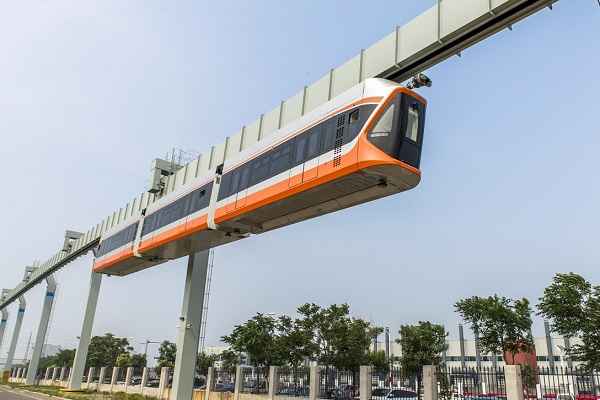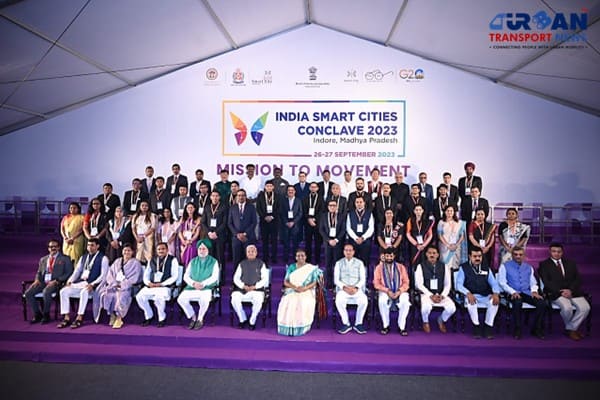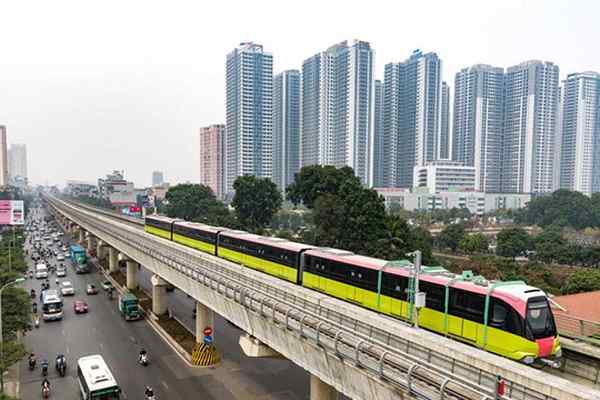 Vietnam plans new metro rail lines to replace its BRT systems in Hanoi
Vietnam plans new metro rail lines to replace its BRT systems in Hanoi 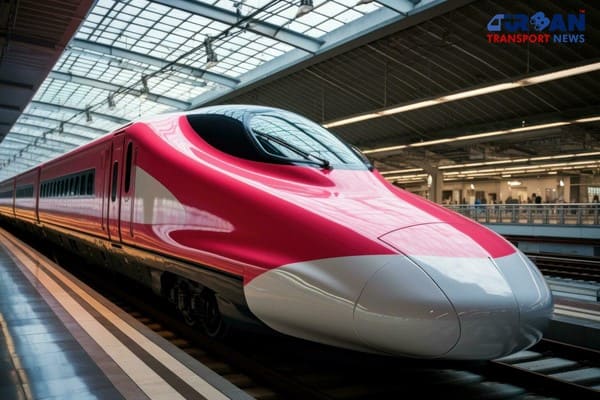 Revolutionizing Indian Railways: The Rise of Indigenous High Speed Bullet Trains
Revolutionizing Indian Railways: The Rise of Indigenous High Speed Bullet Trains Ayodhya deployed Gobbler Litter Buster to keep the City clean
Ayodhya deployed Gobbler Litter Buster to keep the City clean BMW's Emissions Investigation: What Does It Mean for Drivers?
BMW's Emissions Investigation: What Does It Mean for Drivers?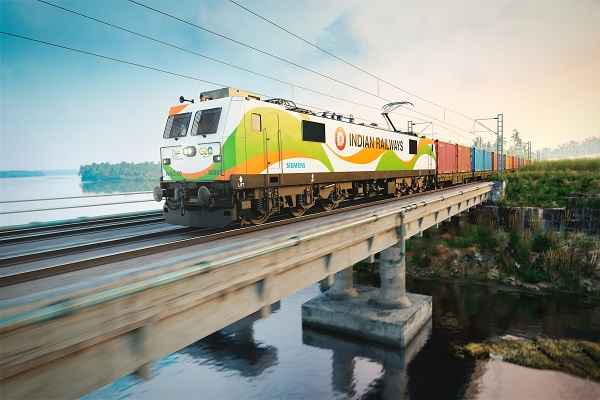 171 Years of Indian Railways: A History of Innovation and Progress
171 Years of Indian Railways: A History of Innovation and Progress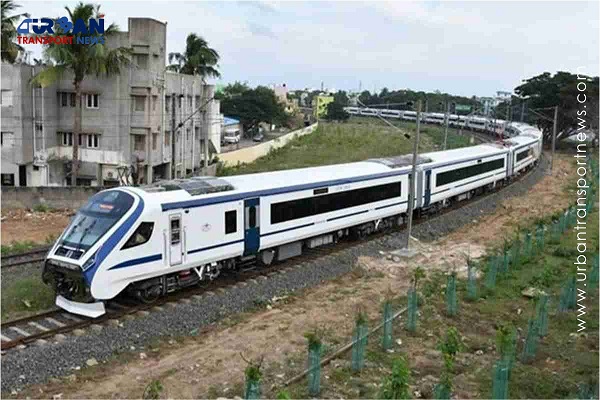 Vande Bharat Express trains carries over two crore passengers since their inception
Vande Bharat Express trains carries over two crore passengers since their inception BPCL partners with Noida International Airport to construct ATF Pipeline
BPCL partners with Noida International Airport to construct ATF Pipeline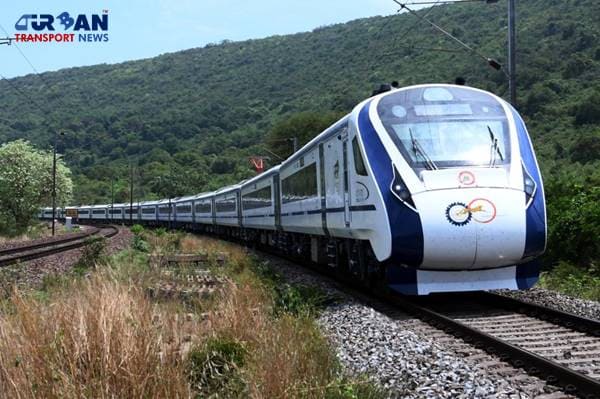 What are the Railway Development Plans in BJP's Manifesto for 2024-2029?
What are the Railway Development Plans in BJP's Manifesto for 2024-2029?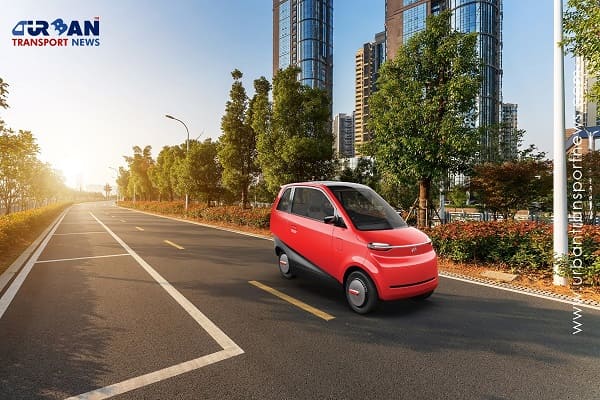 Latest innovations shaping the urban mobility sector across the globe
Latest innovations shaping the urban mobility sector across the globe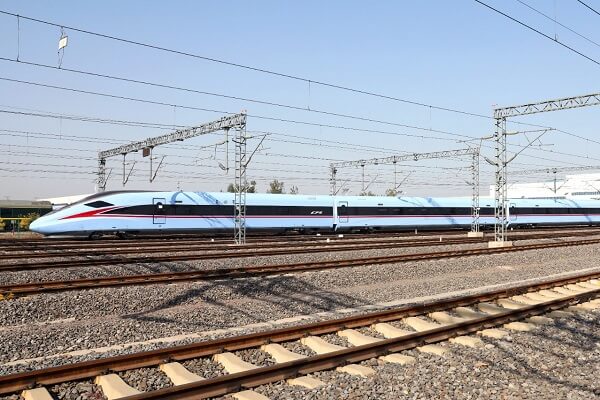 California issues RfP for procurement of High Speed Bullet Trains
California issues RfP for procurement of High Speed Bullet Trains
Govt of India to provide ₹48,000cr financial support for development of smart cities
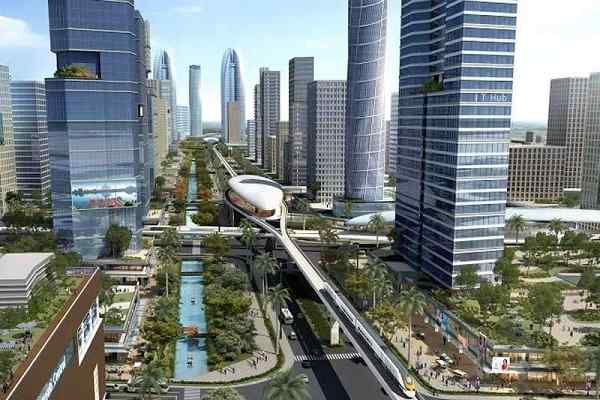
New Delhi, India (Urban Transport News): The Central Government will provide Rs 48,000 crore financial support for the development of smart cities in the country, Minister of State for Housing and Urban Affairs Kaushal Kishore said on July 18, 2022.
The Centre launched the Smart Cities Mission (SCM) on June 25, 2015. A hundred cities have been selected to develop as Smart Cities through 4 rounds of competition from January 2016 to June 2018.
As per the Smart Cities Mission (SCM) guidelines, the central government will provide financial support to the extent of Rs 48,000 crore over five years i.e., on an average Rs 100 crore per city per year. An equal amount on a matching basis will be contributed by the state government/urban local body (ULB), Kishore said in a written reply to a question in the Rajya Sabha.
As on July 8, 2022, the Government of India has released Rs 30,751.41 crore for 100 smart cities, out of which Rs 27,610.34 crore (90 percent) has been utilised, the minister said.
As on July 8, 2022, these Smart Cities have tendered out 7,822 projects worth Rs 1,90,660 crore; work orders have been issued in 7,649 projects worth Rs 1,80,996 crore and 4,085 projects worth Rs 66,912 crore have been completed.
The period of implementation of SCM is upto June 2023 and all Smart Cities are expected to complete their projects within the stipulated time, the minister added.
The main goal of a smart city is to optimise city functions and promote economic growth while also improving the quality of life for citizens by using smart technologies and data analysis. The value lies in how this technology is used rather than simply how much technology is available.
The success of a smart city relies on the relationship between the public and private sectors as much of the work to create and maintain a data-driven environment falls outside the local government remit. For example, smart surveillance cameras may need input and technology from several companies.





